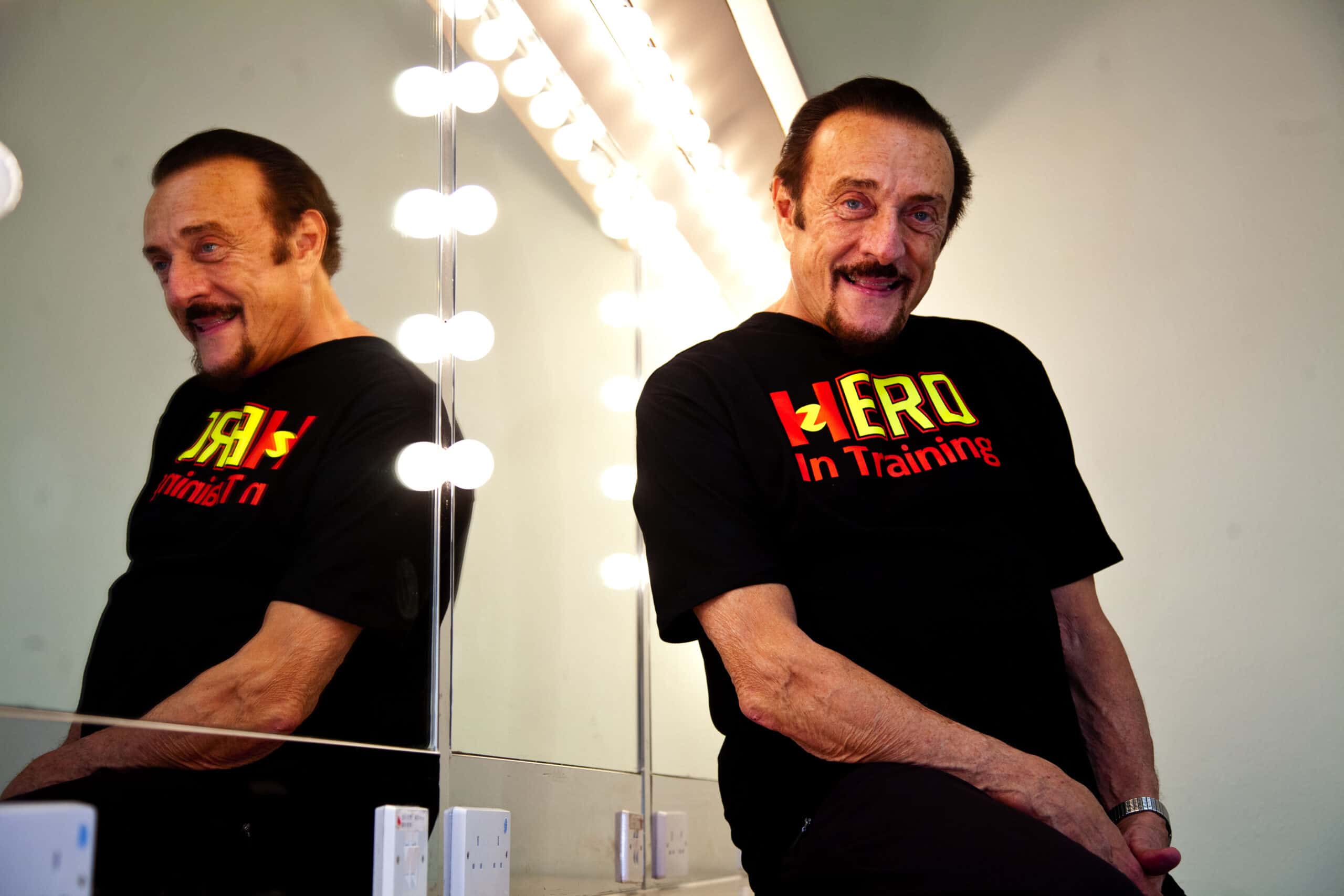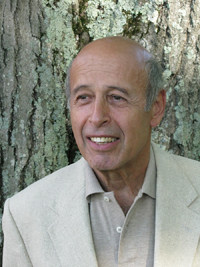During this week’s radio show you will learn about:
- The Heroic Imagination Project
- Redefining Heroism in the 21st Century
- Universal Human Tendencies
- How to Make Ourselves Better Bystanders
- Promoting Moral Courage in Children

Philip Zimbardo is one of the most distinguished living psychologists, having served as President of the American Psychological Association, designed and narrated the award winning 26-part PBS series, Discovering Psychology, and has published more than 50 books and 400 professional and popular articles and chapters, among them, Shyness, The Lucifer Effect, The Time Cure and The Time Paradox.
A professor emeritus at Stanford University, Dr. Zimbardo has spent 50 years teaching and studying psychology. He received his Ph.D. in psychology from Yale University, and his areas of focus include time perspective, shyness, terrorism, madness, and evil. Best-known for his controversial Stanford Prison Experiment that highlighted the ease with which ordinary intelligent college students could cross the line between good and evil when caught up in the matrix of situational and systemic forces.
Dr. Zimbardo is currently lectures worldwide and is actively working to promote his non-profit The Heroic Imagination Project www.heroicimagination.org. His current research looks at the psychology of heroism.
You can learn more about Dr. Zimbardo here.

Ervin Staub is Professor of Psychology Emeritus, and Founding Director of the Psychology of Peace and Violence Program at the University of Massachusetts. His relevant books include The psychology of good and evil: Why children, adults and groups help and harm others, and the forthcoming The roots of goodness and resistance to evil: Inclusive caring, moral courage, altruism born of suffering, active bystandership and heroism. New York: Oxford University Press.
You can learn more about Ervin here.















